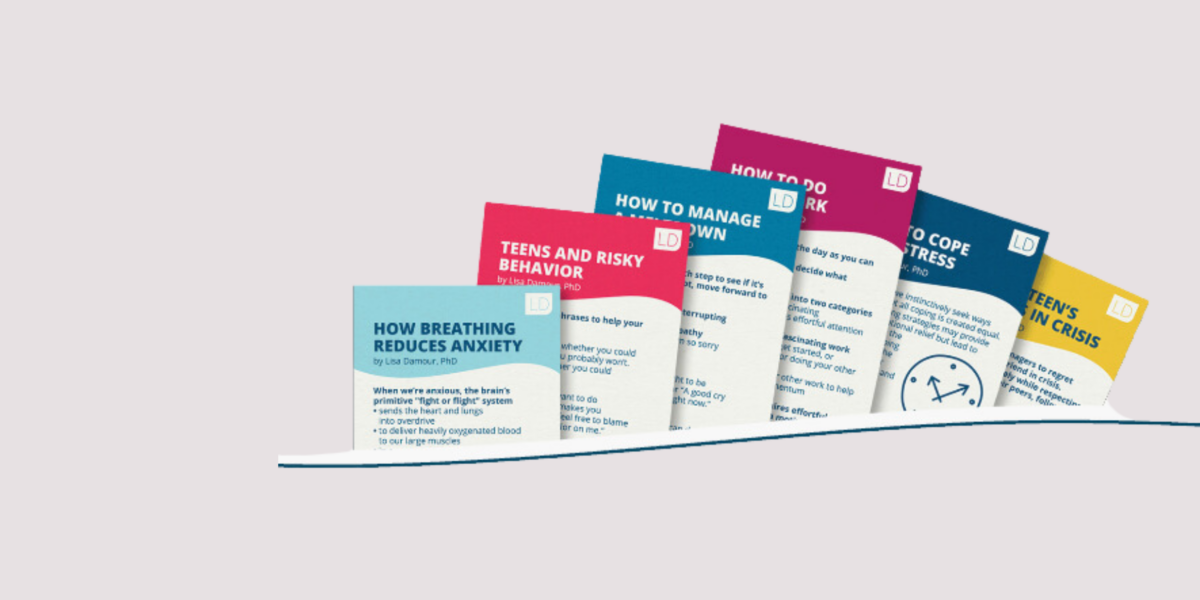In March 2024, I collaborated with Gallup and the Walton Family Foundation to survey 1,675 American families on the mental health of today’s tweens and teens. Recently, Gallup released its third and final report of our poll results. Highlights include data on how young people are thinking about the future, what they wish their parents and caregivers knew, and what adults had to say about the top challenges in Gen Z. Below are the reports and their headlines.
Gen Z experiences a complex range of emotions that shape thriving.
The survey found that Gen Z’s ability to thrive later in life may be hindered by their mental health today. While nearly four-fifths of Gen Zers remain optimistic about the future, only 21% report having “excellent” mental health and just 22% feel very prepared to succeed in and after college.
The pressure to achieve perfection weighs especially heavy on some young people. Adolescents who report feeling pressure to reach perfection are 2-3 times more likely to experience negative emotions. Negative emotions associated with perfection — like stress, anxiety and loneliness — particularly impact Gen Z girls (40%) and 13-to-15-year-olds (38%).
We know young people undergo significant emotional and psychological development in their teenage years. Indeed, 63% of surveyed students report experiencing both positive and negative emotions within a single day.
Parents play an important role.
Children whose parents report feeling stressed, anxious, angry or sad the prior day are more likely to report feeling those same emotions.
At the same time, parents can play a powerful role in supporting their children through tough times. When Gen Zers are feeling upset, they are twice as likely to prefer that their parents simply listen (61%) or giving them space (56%) rather than them offering advice (28%).
Healthier, happier kids value open communication and close relationships with the adults in their lives.
Gen Z reports a strong appreciation for adult input, which helps them feel more confident and prepared for the future. Between 80% and 93% of Gen Z find talking with their parents about their lives to be beneficial, even when tackling complex topics such as mental health and social media. Beyond parents, Gen Z also appreciates teachers who support them. Over 70% of Gen Zers identified their best teachers as those who expressed genuine interest and cared about them as individuals.

More resources

















